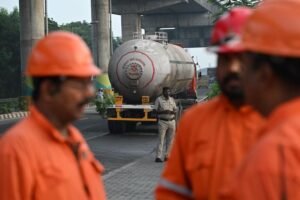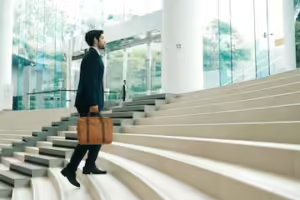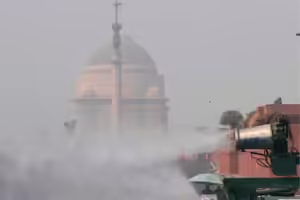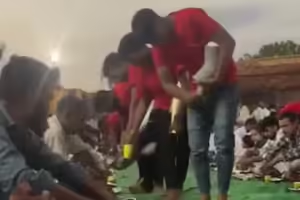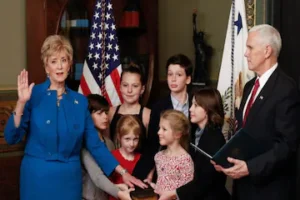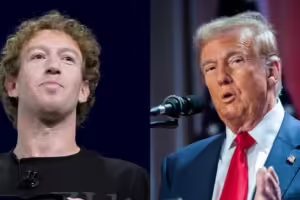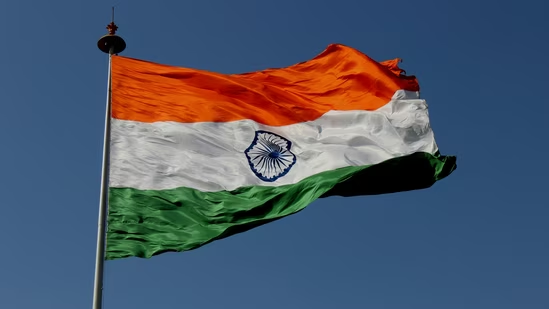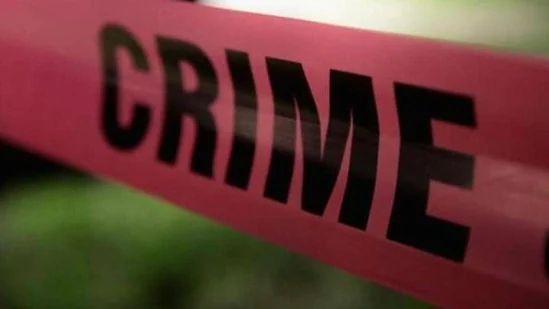CJI recuses from Delhi Ridge tree felling case, new bench formed.
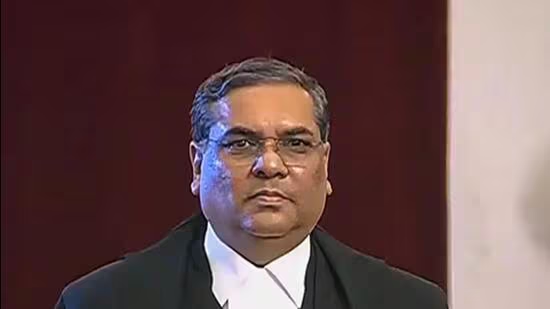
Justices Gavai and AS Oka commanded distinct but connected benches in July, causing a judicial impasse over the contempt matter.
On Monday, Chief Justice of India (CJI) Sanjiv Khanna recused himself from hearing a petition alleging contempt against Delhi lieutenant governor (L-G) VK Saxena as DDA chair, citing a past visit to Bihar jails. The contempt case involves illegal tree felling in Delhi’s Ridge.
The CJI told a court that included justice PV Sanjay Kumar: “When I was NALSA (national legal services authority) chairman, I went to Patna and toured jails with the Delhi L-G. I should not hear a writ in his personal capacity.” The court ordered another bench to hear the case.
This contempt case saw an unusual dispute between two Supreme Court benches earlier this year, prompting then-CJI Dhananjaya Y Chandrachud to intervene and centralize the matter under his bench in August.
Justices Bhushan R Gavai and AS Oka oversaw distinct but connected benches in the contempt case in July, causing a court deadlock. Justice Gavai’s bench questioned whether justice Oka’s bench should have heard the subject while the three-judge forest panel was hearing a similar issue. As CJI, justice Chandrachud centralised the matter under his bench, which heard the case on November 8, the then CJI’s last day in office, to avoid contradictory orders.
Contempt Petition Filed Over DDA’s Unauthorized Tree Felling in South Delhi
A contempt petition by Delhi resident Bindu Kapurea alleges that DDA destroyed 1,670 trees in South Delhi’s Satbari ridge in February without Supreme Court sanction.To widen Chhatarpur’s CAPFIMS multi-specialty hospital route, trees were chopped.
The court denied DDA’s retrospective felling approval request in March. After discovering that the trees had been chopped a month earlier, the petitioner accused DDA of violating court orders. The case aimed to hold senior DDA officials, including the L-G as chairwoman, liable for the violation.
In past hearings, DDA tried to transfer responsibility to lower-level engineers, which the court rejected. The court requested affidavits from DDA chair L-G Saxena and former vice-chair Subhashish Panda to determine if they knew about the needed court authorization and when they learned about the improper tree removal.
L-G Saxena provided affidavits claiming he was unaware of the tree-felling incident until later.
Former DDA vice-chairperson Subhashish Panda stated in his affidavit that he orally notified the L-G about the event on April 12 but did not divulge the felling date until June.
Kapurea Challenges DDA’s Unauthorized Tree Felling, Court Upholds Accountability
Kapurea, represented by senior attorney Gopal Sankaranarayanan and advocate Manan Verma, disputed these assertions, citing references in the June 10 DDA vice-chairperson letter that showed Saxena was notified about the unauthorized felling in April.
Prior sessions of the Supreme Court focused on DDA’s ecological damage, even as it provided remedial measures such replanting the felled trees in the ridge and planting 100 seedlings for every tree destroyed. It also advised hiring environmentalists to oversee the replantation and protect the seedlings.
DDA, represented by senior counsel Maninder Singh and Vikas Singh, requested permission to continue the road project earlier this month, stating that the multi-specialty hospital it connects is awaiting inauguration and serves an important public purpose. However, the bench, led by former CJI Chandrachud, refused such relief in contempt proceedings, emphasizing accountability and structural protections to prevent future infractions.

